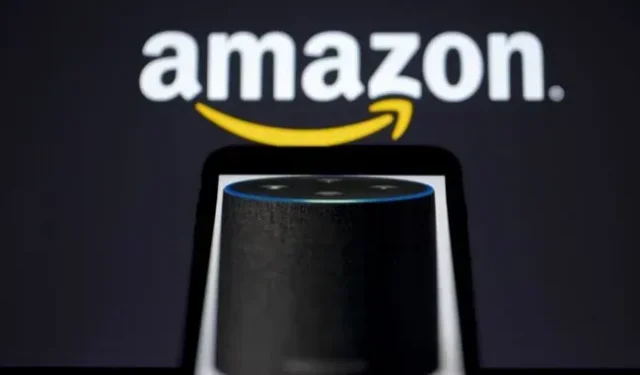Amazon’s big dreams of Alexa didn’t materialize

It’s been more than a decade since Jeff Bezos excitedly sketched out his vision for Alexa on a whiteboard at Amazon headquarters. His voice assistant helped him complete all sorts of tasks, like shopping online, managing gadgets, or even reading a bedtime story to his kids.
But the Amazon founder’s grand vision of a new voice-controlled computing platform didn’t pan out. As the hype in the tech world feverishly turns to Generative AI as the “next big thing,”this moment has many asking hard questions about the previous “next big thing”— vaunted voice assistants from Amazon, Google, Apple, Microsoft, and others..
The “grow, grow, develop” culture described by one former Amazon Alexa CMO has now shifted towards a closer focus on how the device can help the e-commerce giant make money.
“If you have something that you can do that you can directly monetize, you should do it,” was the recent dictate of Amazon executives, according to one of the Alexa team members.
Under new chief executive Andy Jassi, this shift in focus led to significant layoffs on the Amazon Alexa team late last year as executives scrutinize the product’s direct contribution to the company’s bottom line.
The belt-tightening came as part of broader cuts that saw the e-commerce giant cut 18,000 jobs across the group amid a need to boost profits during a global technology downturn.
Microsoft, whose chief executive Satya Nadella said in 2016 that “bots are the new apps,”now acknowledges that voice assistants, including its own Cortana, have fallen short of the hype.
“They were all dumb as a rock,” Nadella told the Financial Times last month. “Whether it’s Cortana, Alexa, Google Assistant or Siri, they all just don’t work. We had a product that was supposed to be a new interface for a lot of [information] that didn’t work.”
Nadella can afford to be blunt: Microsoft’s recent introduction of ChatGPT’s AI-enabled chatbot into its Bing search engine means the company is now seen as a leader in a field that most Internet users had previously almost forgotten about.
ChatGPT’s ability to understand complex instructions has made existing voice assistants relatively stupid, said Adam Cheyer, co-founder of Siri, a voice assistant acquired by Apple in 2010 and introduced to the iPhone a year later.
“Previous options were just too uncomfortable,” he said. “No one knows what they can or cannot do. They don’t know what they can or cannot say.”
Attempts to highlight additional functionality by having Alexa blurt out “did you know” information sometimes at the wrong time only frustrated users.
Leave a Reply